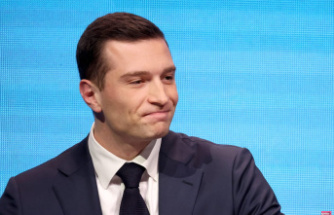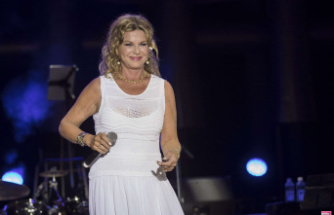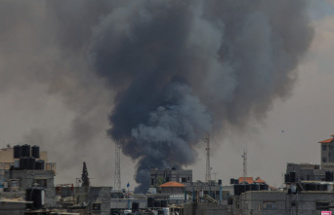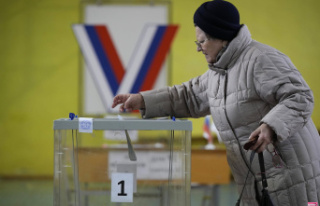The Russian presidential election begins this Friday, March 15 and will run until Sunday, March 17. Opponents of the regime are organizing to make themselves heard, but Vladimir Putin is already assured of being elected.
The presidential election in Russia begins this Friday, March 15, and will last three days. Vladimir Putin is assured of being elected for a third consecutive term, with the only two serious opposition candidacies having been ruled out by the Electoral Commission. But even if the results of the election are known in advance, the opposition is organizing to make itself heard.
Yulia Navalnaïa, widow of the opponent Alexeï Navalny who became an opposition figure after the death of her husband, calls for following the “Midi against Putin” movement. The principle: go vote on the last day of voting, Sunday, at noon. An initiative which was launched by Maxim Reznik, former member of the Saint Petersburg City Council, then relayed by Alexeï Navalny before his death. Several wives of Russian soldiers currently fighting in Ukraine also support this call. “At noon, the turnout is already high, there are a lot of people and it is simply impossible to identify those who vote against Putin,” Navalny explained in February to reassure opponents of Vladimir Putin and encourage them to take through symbolic action without fear of reprisals.
Other actions are being organized, such as “dressing in the colors of the anti-war flag, blue and white”. An idea from Mikhail Khodorkosvki, former Russian richest man, who was imprisoned for 10 years for “fraud” and “tax evasion”. Just like Yulia Navalnaïa, the former businessman also calls for Alexei Navalny's name to be written on the ballot.
Symbolic actions which will have no direct consequence on the results of the election. Which are “manufactured” and therefore controlled by the Russian authorities thanks to “different technologies which, at different times of the election, ensure the vote” explains Anna Colin Lebedev, political scientist specializing in post-Soviet societies to franceinfo. They could also, according to the opposition, falsify reports made after the counting, or even stuff ballot boxes.
Until now, there has always been an opponent of Vladimir Putin in the Russian presidential elections. He was a “useful candidate”, tolerated, even designated by the Kremlin and whose score was always low. But this time, the three candidates allowed to participate (Leonid Slutsk, Nikolai Kharitonov and Vladislav Davankov) are all in agreement with the Kremlin regime, never question Vladimir Putin's decisions and support the war in Ukraine. Moreover, no electoral debate is planned, a first since Vladimir Putin has been in power. Another new fact: there will be no independent observer in the polling stations. “This will be the least transparent election in Russian history,” according to the NGO Golos, who had to flee the country.
Despite this lack of opposition to Vladimir Putin among Russian presidential candidates, Maxim Katz, an exiled political opponent and former deputy head of Alexei Navalny's 2013 campaign, is calling for votes for Vladislav Davankov. "Davankov represents what is most liberal in Russia today. If he gets more than 5% and takes second place, it means that part of the anti-war electorate is mobilizing and looking for an answer political", according to the director of the Franco-Russian Observatory Arnaud Dubien, interviewed by BFMTV. But the call is far from unanimous and even if it were followed, it would have little chance of overthrowing Vladimir Putin.
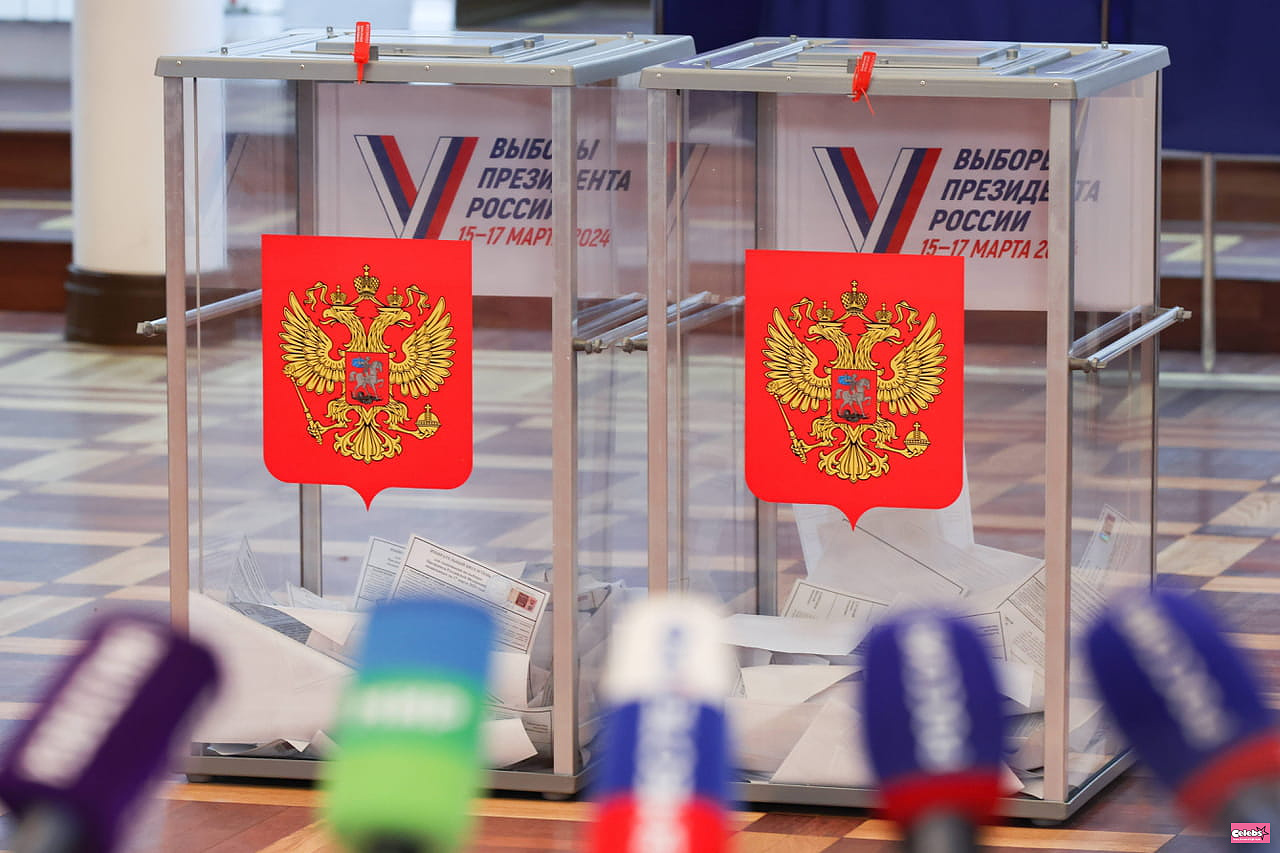
![Euromillions result (FDJ): the draw for Tuesday May 7, 2024 [ONLINE]](https://www.celebsnet.com/images/resize/95/334x215/haberler/thumbs/2024/05/_9f267.png)

